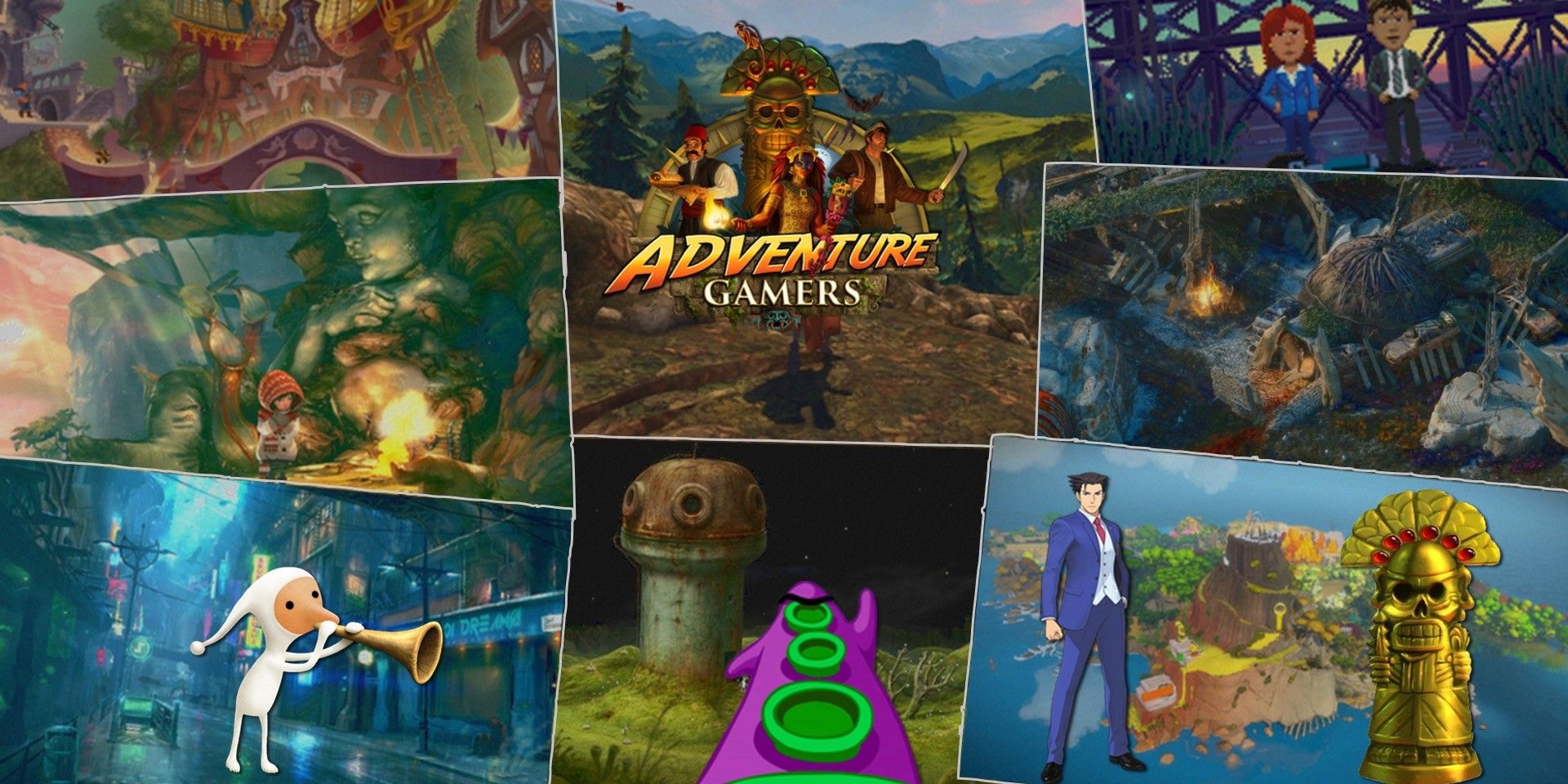It's award season for more than just Hollywood -- The Game Awards were handed out in December, the Steam Awards were announced in January and nominees for the GLAAD Media Awards were announced that same month. But just last week the winners of the annual Aggie Awards were announced, specifically honoring adventure games rather than video games in general. Here's a look at what these lesser-known awards are and why they're so important.
The Aggie Awards honor each year's best adventure games. Winners and nominees are determined by the Adventure Gamers staff and readers, leading occasionally to very close races. The primary awards honor the best traditional and non-traditional adventure games as well as the best overall adventure. This year's Aggie Awards also recognize story, comedy and drama writing, character, gameplay, concept, setting, graphic design, animation, music, acting and sound effects.
The 2020 Aggie Awards evaluated 196 adventure games. Primary winners include There Is No Game: Wrong Dimension, winner of "Best Adventure of 2020," and the Reader's Choice of Röki. While some titles took home multiple awards (There Is No Game especially), the Aggie's also offer a "Silver Aggie" award for games that came close and deserved more attention. The number of eligible games and the wide array of awards means that many different titles get the recognition they deserve.
The Aggie Awards were created in 2009 by computer game website Adventure Gamers. The award itself depicts a golden idol, designed by Bill Tiller to feel like the object of an adventure game's quest straight out of classics like The Secret of Monkey Island. Many winners list an Aggie Award as an accolade on packaging or websites, indicating the value of these awards to the general gaming community.
An award that is limited to only adventure games is important for recognizing the cultural love for these games as well as the work that developers are doing to push the genre. Adventure games are rarely major, anticipated AAA releases, and as such they often go unrecognized in the larger awards conversations. The Aggies allow for smaller titles that make big waves to be recognized even in a year that saw wildly popular hits like The Last of Us Part 2, Hades and Among Us.
An award specific to adventure games also means that titles that take risks in terms of format or mechanics can be appropriately acknowledged. This year's big winner, There Is No Game, is a meta narrative that repeatedly breaks the fourth wall, asking players to interact with the interface as if it were an object to be collected in a traditional adventure game. The focus of the Aggie Awards and division into categories like "Traditional" and an ambiguous and constantly moving "Non-Traditional" means that There Is No Game can be recognized for taking risks while Röki, a brilliant if standard adventure game, can still be acknowledged.
The Aggie Awards have honored all types of adventure games, from reboots of beloved classics like 2016's King's Quest to original titles like 2018's Unavowed to sequels like 2011's Portal 2. Without exception, Aggie-award winning adventure games have proven to not only be wildly popular but also outstanding in the industry. Acknowledging the work that these games are doing to push narrative techniques and game mechanics is crucial for ensuring it continues -- and also for identifying some of the most fun games to play.


